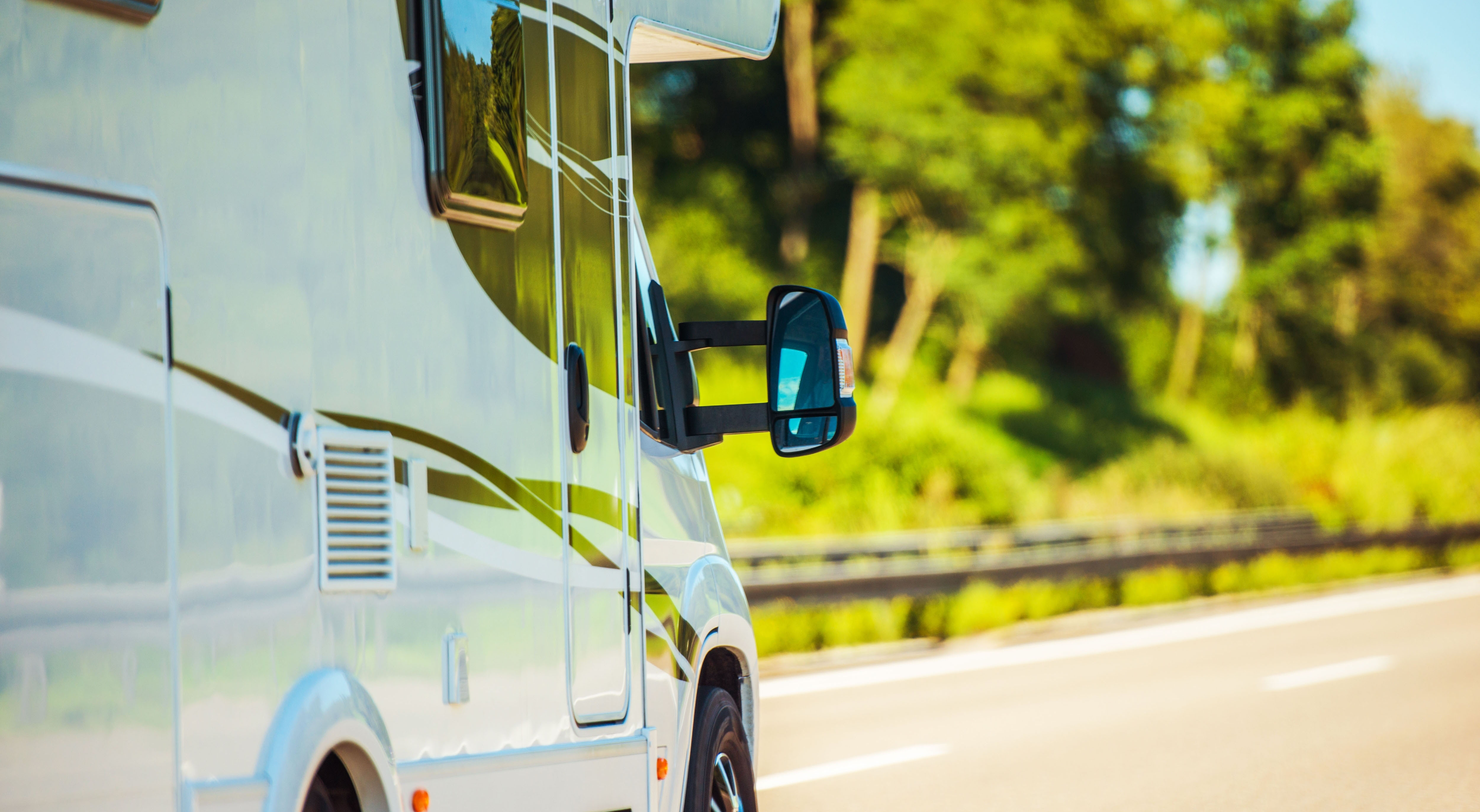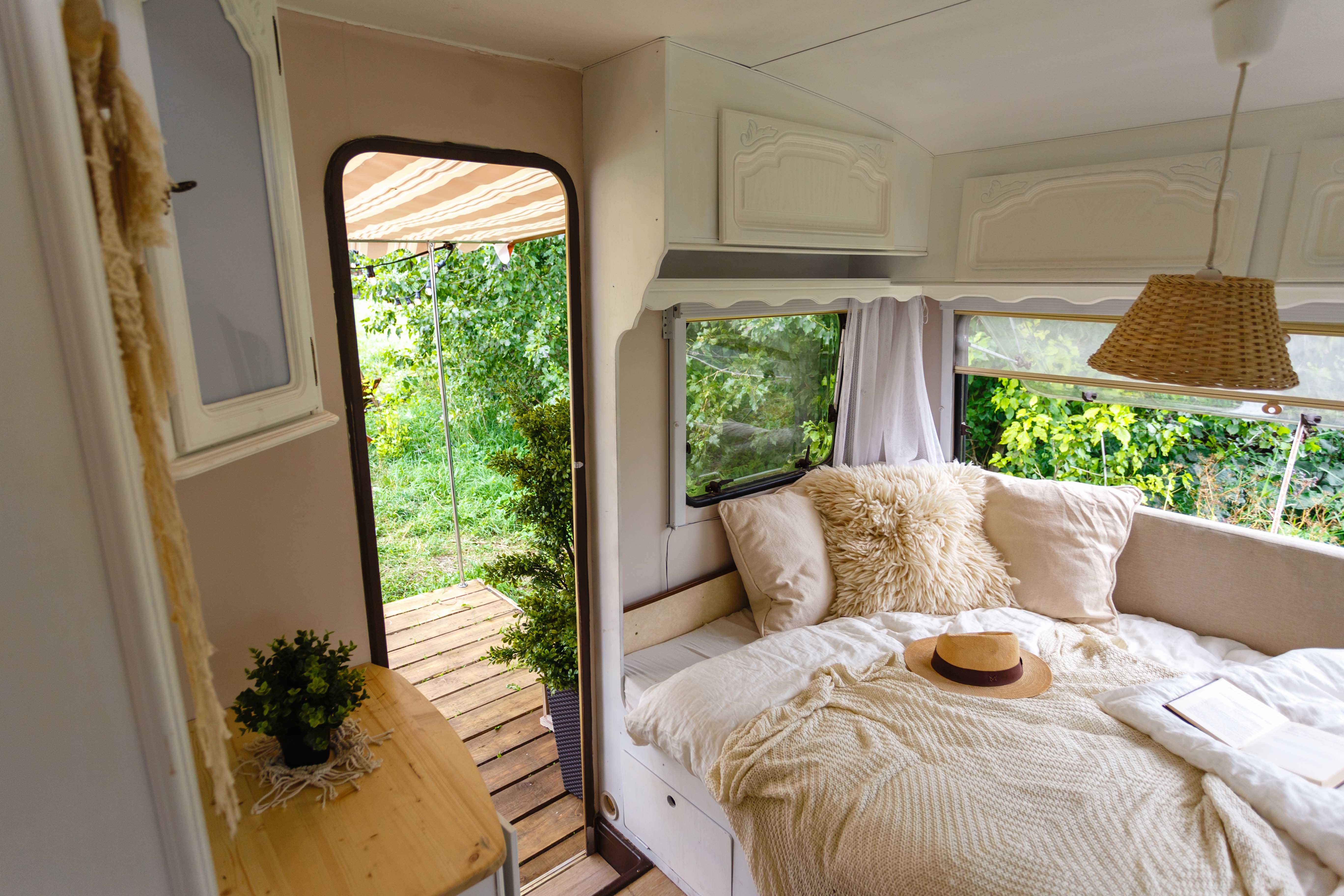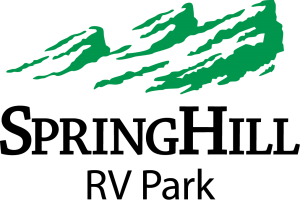Aside from the purchase of your home or personal vehicles, an RV can be one of the largest purchases you will ever make. With a little care and maintenance, this purchase can give you years and years of enjoyment. Whether it is looking for and taking care of leaks before they become mold problems or simply changing fluids on time as per manufactures specs, properly maintaining your RV will help in preventing more costly repairs down the road.
The following is a series of simple tips for each season throughout the year to keep your RV maintained and running in tip top condition.
Spring
- If it wasn’t done in the fall, change your oil and filter. Proper engine maintenance is crucial in preventing costly repairs.
- Rotate your tires and/or replace them as needed. Rotating your tires will help ensure you get the maximum life out of your them.
- Check your tire pressure. It is very important to check all tire pressure at the start of the season for safety and performance reasons. This is something that should be done on a regular basis.
- Reinstall batteries.
- Check the interior for signs of moisture or rodents. Make all necessary repairs to prevent further damage.
- If your RV has a generator, perform service as per manufacturers specs.
- Run an electrical system test. Check each electrical outlet and appliances and replace any fuses that are no longer functioning.
- Apply lubricants to slide-out rails hinges and locks.
- Fill your holding tanks and check for leaks.
- Check, inspect and run your propane, furnace, refrigerator and air conditioner.
Summer
- Check fluids, oil, tire pressure and other standard items regularly. This is the season RV’s see the most use.
- Ensure you have a mechanical emergency kit. This should contain the basics such as a tire pressure gage, jumper cables, fuses, flares, a flashlight, WD-40, electrical tape, extra bulbs and a variety pack of nuts and bolts. You never know when these items will come in handy.
- Periodically check smoke and CO detectors as well as you fire extinguisher.
- Restock first aid and emergency supplies as needed.
Fall
- Thoroughly clean the interior. After a busy season of use this is a good time to go through your RV and get it clean for next season.
- Double check your RV’s water holding tanks. Empty and clean them before you store your RV for an extended period of time.
- As always, go through all preventative maintenance steps. Check fluids, oil, tire pressure, etc.
Winter
- Drain all tanks; fresh, black and grey water. Failure to do so can result in serious damage to the tanks, piping and valves.
- Clean and check all seals. When putting your RV away for the season, it’s a great time to check seals for damage and prevent any chance of future leaks that can cause damage.
- Drain all waterlines, pump in plumbers anti-freeze and pour it down your sink and tub drains. This will prevent the p-traps, waterlines and pumps from freezing and cracking.
- With storage during the summer months, ventilation is crucial. Any moisture that develops can leave a musty smell and even worse develop mold. Leaving your roof vents open a crack can allow airflow and dissipate moisture.
- When storing for the winter, shut off all power and ensure you have a way to trickle charge your batteries. If it is not possible to trickle charge, pull out all batteries and store them in a warm, dry place. Batteries that freeze with no charge on them are often damaged beyond repair and may need to be replaced.
- Remove all food and clean up any food particles left behind. Do not leave anything that will attract mice or any other rodents.
- Go through your RV and plug any openings that bugs and rodents can get through. Steel wool is an excellent way to plug openings and prevent rodents from entering.
- Cover tires and windshield wipers. Over time the sun can be quite damaging and covering these items can vastly prolong their life.
- Double check that all windows and doors are closed and locked.
- Whether it is a fifth wheel, travel trailer or motorhome, lock it up. It does not matter how secure a storage facility is, if someone wants in bad enough, they will find a way.
- Finally, last but not least, go check on it. When you check on your RV periodically you can discover small issues and correct them before they become much larger and more expensive.




